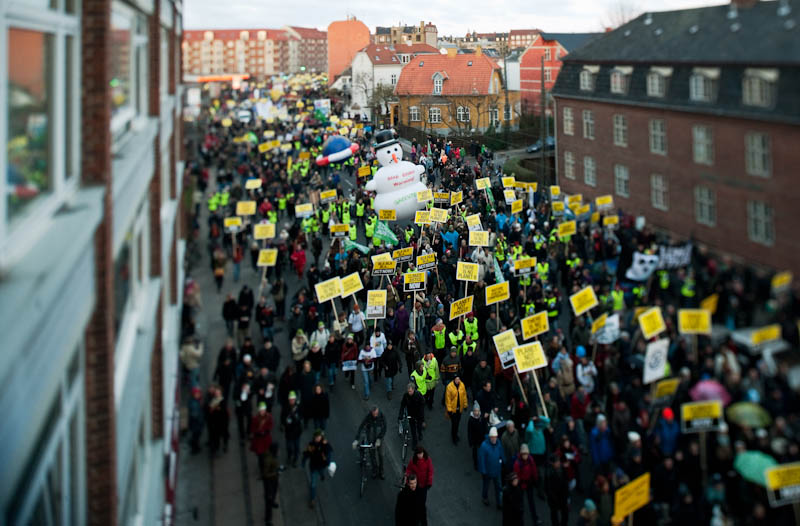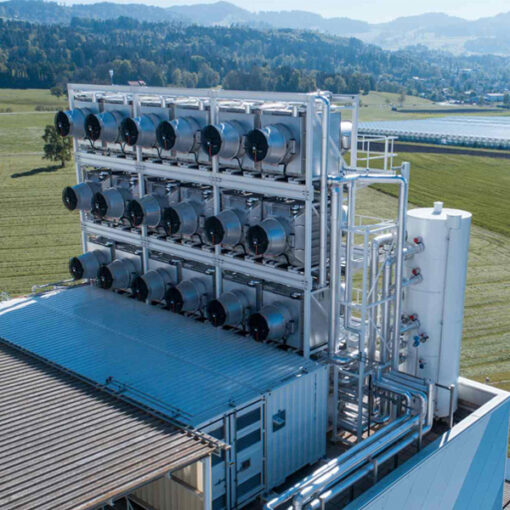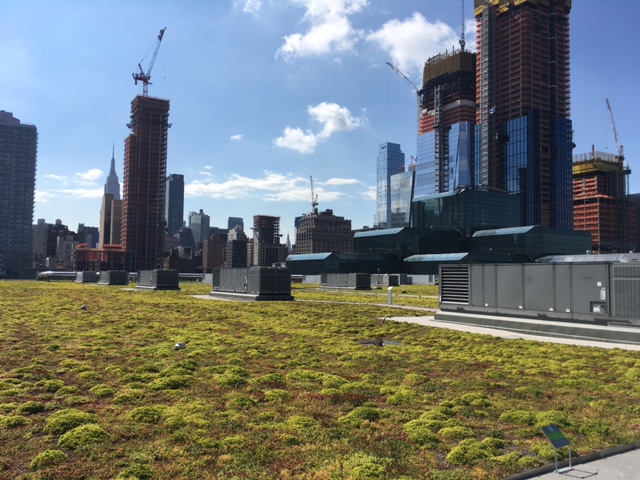By Julia Ciardullo
Fellow
This is the third and final blog that discusses some of the most notable recent legal developments in the field of intellectual property law and green technology. In two prior posts, we discussed (1) the expiration of the USPTO’s Green Technology Pilot Program and the enactment of the America Invents Act and (2) the latest developments in a series of pending patent infringement cases between GE and Mitsubishi over wind turbine technologies.
In addition to the high-profile battle between GE and Mitsubishi, there are a number of other pending litigations concerning wind, solar, biofuels, hybrid vehicles, smart thermostats, HVACs, tankless water heaters, LEDs, and other green technologies. This post highlights the most notable cases, particularly those involving large US companies and/or major technologies.
1. Solar Panel Mounting Systems Litigations
On October 22, 2009, Westinghouse Solar (“Westinghouse”) and its exclusive licensee, Andalay Solar (“Andalay”), filed suit against Zep Solar Inc. (“Zep”), Global Resource Option Inc. and High Sun Technology Inc. in the Northern District of California alleging infringement of its US patents on modular solar panel mounting systems with integrated racking, wiring and grounding for commercial and residential applications. (Case No. 09-cv-05040). Westinghouse has several related patent applications pending internationally as well, including in China. The case is currently stayed pending an International Trade Commission investigation (No. 337-TA-811) initiated by Westinghouse on October 3, 2011 accusing Zep of importing infringing solar panel units from China, and accusing Canadian Solar Inc. of importing infringing units into the US.
In August 2011, Zep and its Chinese licensee/manufacturer, Changzhou Trina Solar Energy Co. Ltd., brought suit in the Northern District of California seeking declaratory judgment of non-infringement of another of Westinghouse’s patents, accusing Westinghouse of trying to scare off Zep’s Chinese business partners. (Case No. 11-cv-03800). That case is currently stayed pending further review of one of Westinghouse’s patents by the USPTO.
On December 20, 2011, Zep sued Westinghouse, Andalay, Lightway Green New Energy Co., Brightway Global LLC, Morrison Supply Company LLC, Sky Solar Solutions LLC, and Alternative Power & Electric in the Northern District of California for infringement of its own patent covering modular solar panel mounting systems. (Case No. 11-cv-06493). This case is still in the pleadings stage.
2. EI du Pont de Nemours & Co. v. Heraeus Holding GmbH et al.
In September 2011, DuPont sued German precious metal company Heraeus Holding GmbH (“Heraeus”) in the District of Delaware for allegedly infringing its patent for a conductive paste used to make solar cells. (Case No. 1:11-cv-00773). Heraeus has filed motions seeking dismissal for lack of jurisdiction and failure to state a claim. Decisions are pending on the motions.
3. Gevo, Inc. v. Butamax Advanced Biofuels LLC
On January 14, 2011, Butamax Advanced Biofuels LLC (“Butamax”), a BP/DuPont joint venture, sued Colorado biofuels startup Gevo, Inc. (“Gevo”) in the District of Delaware for infringement of biofuel patents relating to isobutanol, an advanced biofuel that has some significant advantages over ethanol, including an energy content closer to that of gasoline and the capacity to create higher blend concentrations with gasoline. (Case No. 11-cv-00054). Gevo counterclaimed for infringement of its own patents, and after discovery and depositions, Butamax filed a motion to dismiss Gevo’s counterclaims. This motion is now pending, as is Butamax’s motion for a preliminary injunction.
On January 24, 2011, Gevo was awarded another isobutanol patent by the USPTO and promptly sued Butamax in the District of Delaware. (Case No. 12-cv-00070). That case is now in the pleadings stage. Commentators have noted that the Gevo/Butamax dispute is the first biofuel patent litigation involving an oil major.[1]
4. Honeywell Int’l Inc. v. Nest Labs, Inc. and Best Buy Co., Inc.
On February 6, 2012, Honeywell International Inc. (“Honeywell”) sued Palo Alto tech startup Nest Labs, Inc. (“Nest Labs”) and their distributor Best Buy Co., Inc. (“Best Buy”) in the District of Minnesota for infringement of seven patents relating to intuitive, user-friendly, digital thermostat systems. (Case No. 12-cv-00299). The case is currently in the pleadings stage. Nest Lab’s “Learning Thermostat” asks users questions about temperature preferences, remembers user temperature settings, automatically adjusts temperature based on prior inputs, estimates the time it will take to warm or heat the building to a target temperature, and can be controlled from a remote device (i.e., a smart phone). See www.nest.com for a video demonstration. Commentators have expressed their belief that the list of patents Honeywell accuses Nest of infringing on include a set of functions and features that appear to be in fairly widespread use in the industry and could therefore stifle competition in the smart thermostat market.[2]
5. American Superconductor Corp. v. Sinovel Wind Group Co.
In September 2011, Massachusetts-based wind turbine technology licensor American Superconductor Corp. (“AMSC”) filed a series of lawsuits (three civil suits and one arbitration case) in China seeking more than US$1.2 billion in damages against their former Chinese customer, Sinovel Wind Group Co. (“Sinovel”), the second largest wind turbine manufacturer in the world. In July 2011, an AMSC employee was arrested in Austria and pled guilty to selling proprietary AMSC wind turbine software code to Sinovel. AMSC alleges that Sinovel conspired to steal AMSC trade secrets in violation of their license agreement, and that Sinovel subsequently cancelled millions of dollars worth of orders for parts and software as a result of manufacturing the equipment themselves. AMSC also alleges copyright infringement, seeking damages and a cease and desist order on infringing intellectual property. The first hearing in this series of cases was scheduled for January 9, 2012 before the Beijing Arbitration Commission. AMSC press releases indicate that they do not necessarily expect a fair hearing in the local Chinese courts, but that they hope for a better result in the Beijing appeals court.




